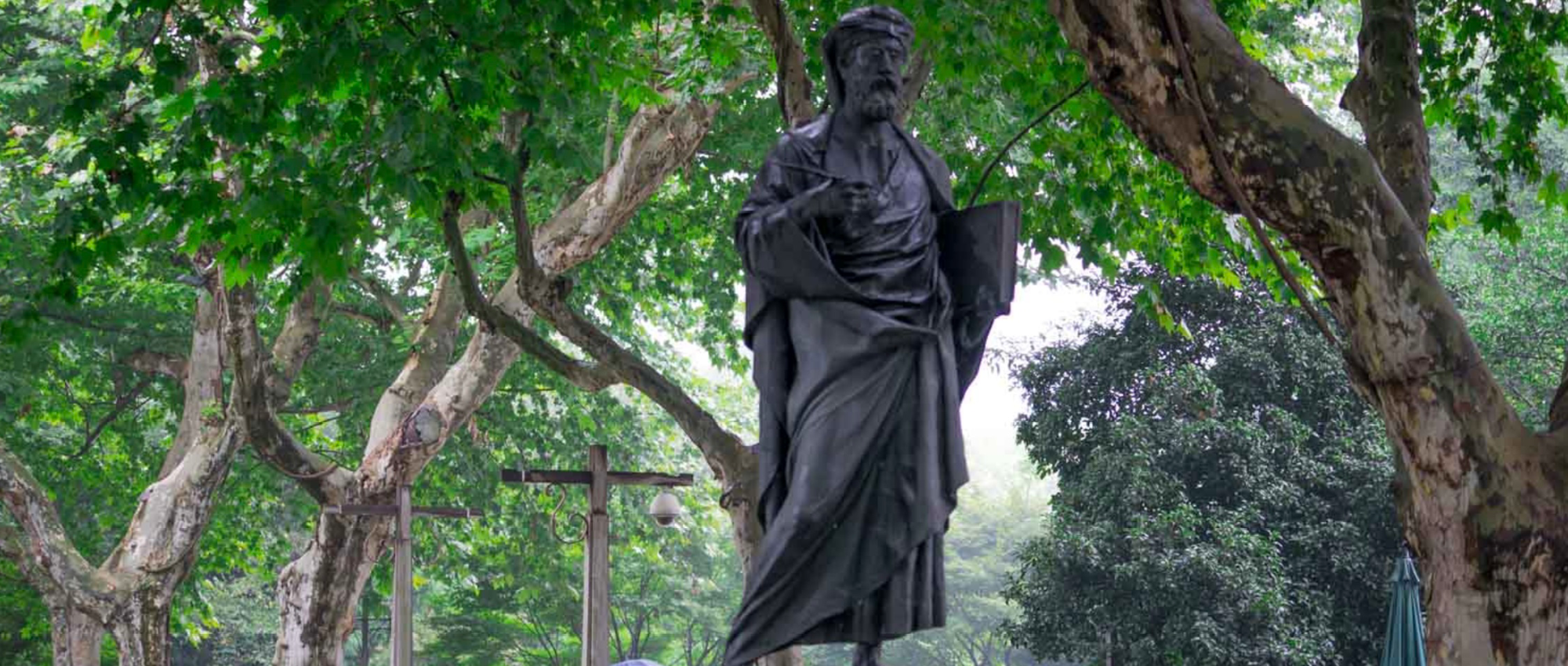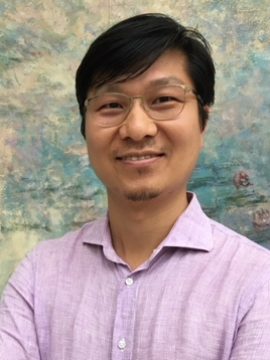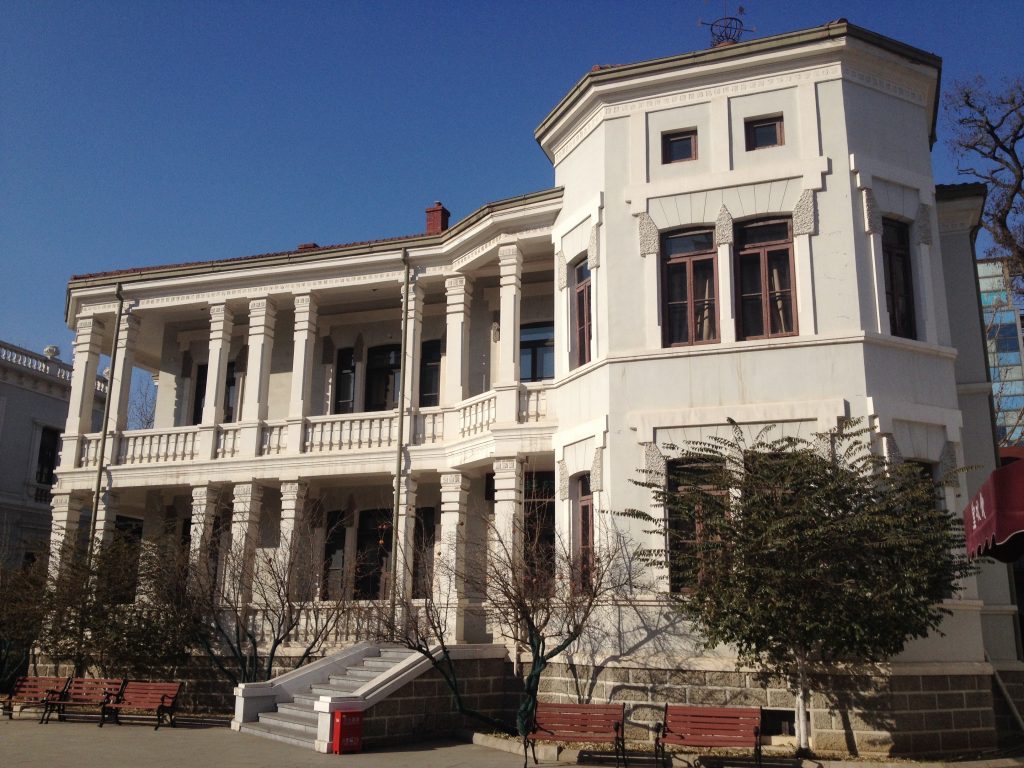Dr. Gaoheng Zhang, Assistant Professor of Italian Studies, seeks to refine cultural mobility analysis through a case study that explores the relations between Italy, China and North America in his latest research project.


Marco Polo statue in Hangzhou, China. Polo praised Hangzhou as the most splendid city in the world in his travelogue.
“I aim to produce a new line of inquiry within mobility analysis that is humanistic, interpretive, multilingual, and culturally sensitive scholarship on multiple and intersecting mobilities.”
Research


Dr. Gaoheng Zhang, Assistant Professor of Italian Studies at UBC
My research project titled “Mobilities and Cultures: Italy, China, North America” will offer an innovative transnational framework to address Italian-Chinese relationships — the longest-standing European-Chinese exchanges in written record — by analyzing how relevant mobilities and cultures interacted on three continents that facilitated communications and forged networks.
My study integrates discourse analysis with extensive use of critical theories, archival research, and empirical field research (e.g., interviews, surveys, and visual anthropology).
The book project has two parts. In Part 1, I will focus on mobile subjects and intersecting mobilities in cultural production. I will analyze performing transculturation (Italian merchants and missionaries), empire-building (Chinese exiles and Italian diplomats), orientalizing East and South (Italian political pilgrims and Chinese tourists), and glocalizing migrations (Chinese migrants and Italian expatriates). In Part 2, I will examine how categories such as gender, race, ethics, morality, chronotopes, and narratives can be conceived as mobile methods and effects in specific Chinese-Italian-North American cultural contexts.
Insights
At the broadest level, when we consider cultures in conjunction with mobilities (and immobilities), we begin to see more clearly how cultural texts create communications that ultimately forge networks of persons, thoughts and concepts, and values and views. Through a concrete case study focused on Italy, China, and North America, I hope to refine and further theorize humanistic and cultural mobility analysis.


Liang Qichao’s restored former residence in the former Italian concession in Tianjin, China. Qichao wrote a political essay extolling Chinese politicians to look to Italy for ideas of modernization and nationalism.
Impact
Mobilities and immobilities intersect and touch upon our social and cultural lives in profound and extensive ways. The mobility-immobility tension is articulated in local issues, including UBC student recruitment materials targeted at overseas students, and marketing brochures that highlight the desirability and supposed cultural distinctiveness of Vancouver as a destination for tourists. Global issues address the subject too, ranging from media coverage of the “caravans” of Central American migrants to that of Middle Eastern and African refugees’ detention in camps in Europe.
Addressing the mediums and meanings of mobilities and immobilities, I aim to produce a new line of inquiry within mobility analysis at UBC: a humanistic, interpretive, multilingual, culturally sensitive scholarship on multiple and intersecting mobilities.
I will engage with a focus on mobility in cultural, historical, media, and literary studies of the circulation of humans, objects, ideas, and images by drawing from both the humanities and social sciences. My research is highly transcultural, interdisciplinary, and multilingual in theories and in analyses, which has relationships with several disciplines and local communities.
Dr. Gaoheng Zhang is a recipient of the SSHRC Insight Development Grant, which supports research in its initial stages, including the development of new research questions, experimentation with new methods, and theoretical approaches and/or ideas.


